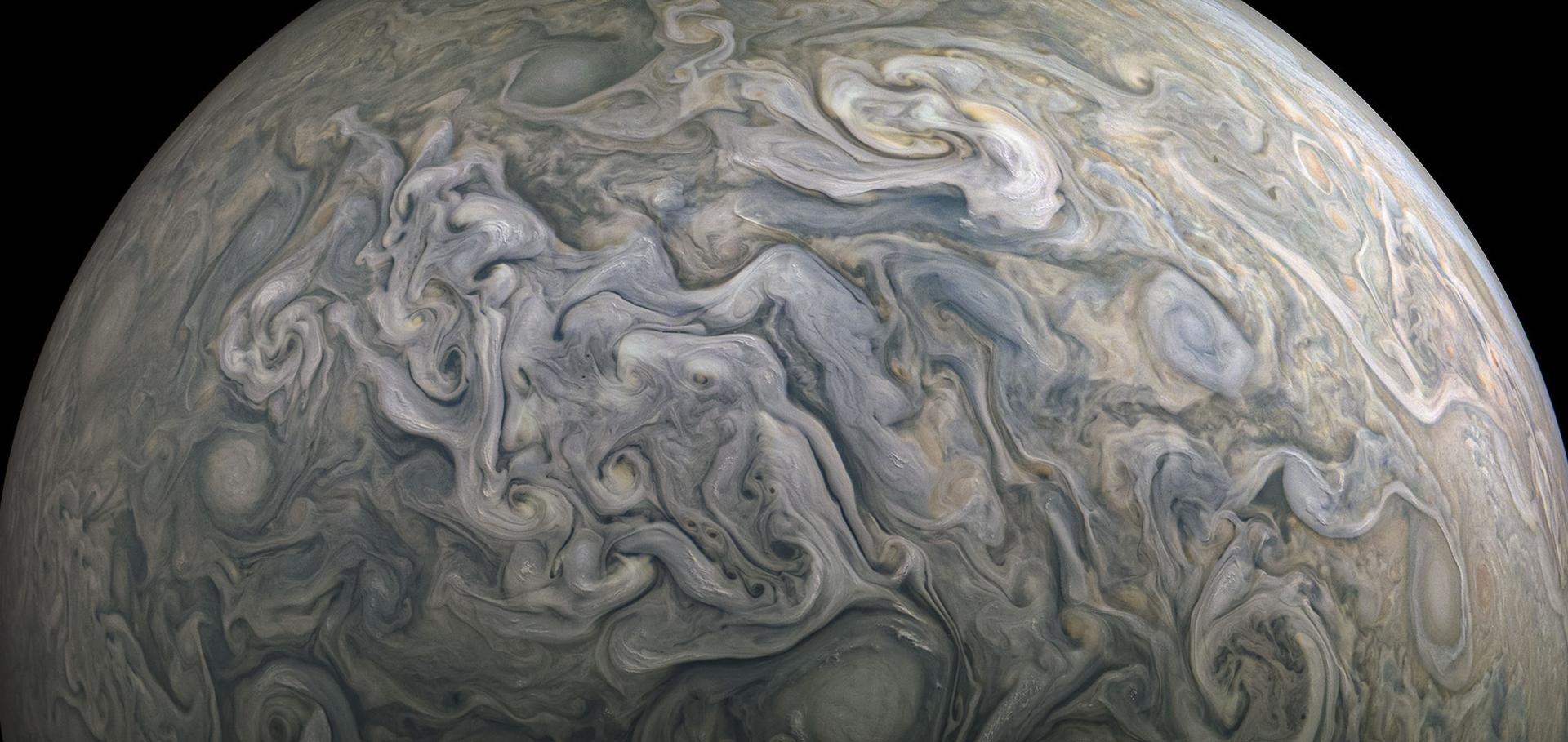Attribution of extreme weather events in Africa: a preliminary exploration of the science and policy implications
Climatic Change Springer 132:4 (2015) 531-543
Abstract:
Extreme weather events are a significant cause of loss of life and livelihoods, particularly in vulnerable countries and communities in Africa. Such events or their probability of occurring may be, or are, changing due to climate change with consequent changes in the associated risks. To adapt to, or to address loss and damage from, this changing risk we need to understand the effects of climate change on extreme weather events and their impacts. The emerging science of probabilistic event attribution can provide scientific evidence about the contribution of anthropogenic climate change to changes in risk of extreme events. This research has the potential to be useful for climate change adaptation, but there is a need to explore its application in vulnerable developing countries, particularly those in Africa, since the majority of existing event attribution studies have focused on mid-latitude events. Here we explain the methods of, and implications of, different approaches to attributing extreme weather events in an African context. The analysis demonstrates that different ways of framing attribution questions can lead to very different assessments of change in risk. Crucially, defining the most appropriate attribution question to ask is not a science decision but one that needs to be made in dialogue with those stakeholders who will use the answers. This is true of all attribution studies but may be particularly relevant in a tropical context, suggesting that collaboration between scientists and policy-makers is a priority for Africa.Reply to 'Drivers of the 2013/14 winter floods in the UK'
Nature Climate Change Springer Nature 5:6 (2015) 491-492
Cold Extremes in North America vs. Mild Weather in Europe: The Winter of 2013–14 in the Context of a Warming World
Bulletin of the American Meteorological Society American Meteorological Society 96:5 (2015) 707-714
Anthropogenic influence on the changing likelihood of an exceptionally warm summer in Texas, 2011
Geophysical Research Letters American Geophysical Union (AGU) 42:7 (2015) 2392-2400
Anthropogenic influence on the changing likelihood of an exceptionally warm summer in Texas, 2011
Geophysical Research Letters 42:7 (2015) 2392-2400


